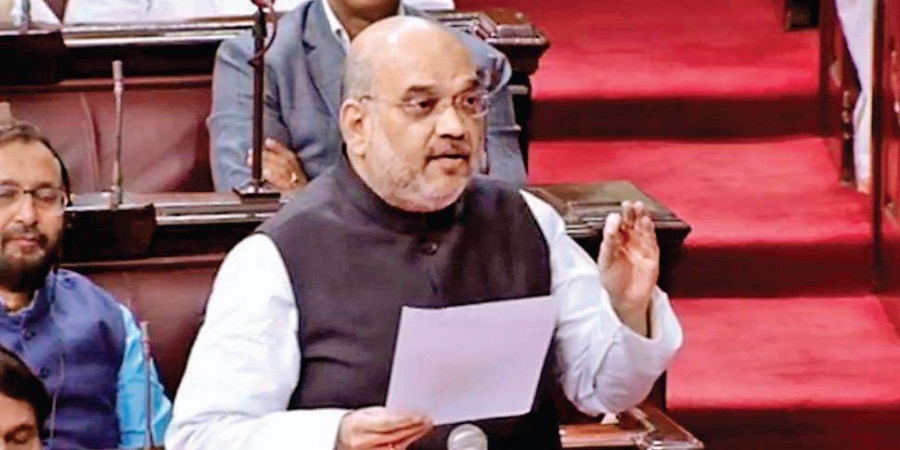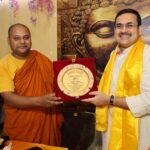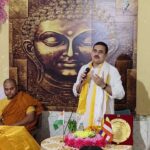For India wreckers, these are difficult times
- By : Anirban Ganguly
- Category : Articles

The past fortnight has seen two decisive steps taken as far as our collective resolve to fight terrorism is concerned. Union Home Minister Amit Shah successfully piloted both the NIA Bill and UAPA Bill in Parliament. The debate and Shah’s response on both the bills brought out certain fundamental positions on the issue of terrorism, terror networks and the political will to fight these.
One crucial point that Shah made was that terrorism was a mind-set and by simply banning organisations one could not wage a war against terror and therefore there was a need to designate individuals also as terrorists. Banning one organisation, Shah argued, invariably led to the formation of another because it was the individual or group of individuals, possessing the terrorist mind-set that drove the process.
The NIA has been given more teeth with its scope expanded to cyber-crimes, human trafficking, and exposing counterfeit rackets, and more crucially given the power to investigate cases outside India and those affecting Indian citizens and Indian interests abroad. Both the Bills were opposed by MPs from the Communist parties and by Muslim MPs from parties such as the AIMIM, Muslim League, BSP, National Conference and the AUDF. Shah called for a division, because, he said, he wanted the people of India to know where each one stood on the fight against terror.
The communists, to camouflage their opposition, argued for these to be sent to the select committees and then staged a walkout. Their soft approach to separatism and terrorism in India is well known and hence their walkout exposed them further. The other parties, which opposed the Bills, have been known to pander to separatism, their politics thrives on a sense of victimhood and discrimination. These parties and their representatives have clearly demonstrated their refusal to join our collective fight against terror.
For far too long have we been afflicted with the scourge of terrorism and have displayed, in the past, a pusillanimous and vote-bank-forced approach to this scourge. During the UPA years, the Mumbai terror attack, the conspiracy to generate the false narrative of “Hindu terror” by trying to falsely implicate people, the weak and thoughtless utterance that both India and Pakistan were victims of terror, had sent out a very compromised signal on the will to fight terror.
This was compounded with the Congress’s own stand on terrorism as a political party seen in the manner in which then Congress president Sonia Gandhi was said—by insiders and confidants in the know—to have shed tears for terrorists eliminated in the Batla House encounter. Shah argued how the UPA’s decision to repeal POTA had, in fact, opened the floodgate for terror strikes in India.
Amit Shah’s stand and approach on terrorism has been consistent over the years. One needs to recall his record as Home Minister of Gujarat and the manner in which he had then initiated action to tackle and decimate terror networks in the state, and to modernise the state’s police force. Shah had unequivocally said that for an effective and resolute handling of terrorism one needed to disengage the fight against terror from the prism of human rights. In fact, the fight against terror, he had argued, is a fight to protect the ordinary citizens’ human rights.
In our recent book on Shah’s political journey and the BJP’s history and expansion, Amit Shah and the March of BJP, we have documented how Shah had tackled terrorism in Gujarat, and when hearing him speak on the Bills in Parliament now, we see that his stand continues to remain ramrod straight on the issue. He had argued in the past and continues to argue now for “stronger laws to punish terrorists” and opposes “any debates that would demoralise the approach of security agencies to fight them.”
For India wreckers, these are difficult times.
Twitter: @anirbanganguly

















